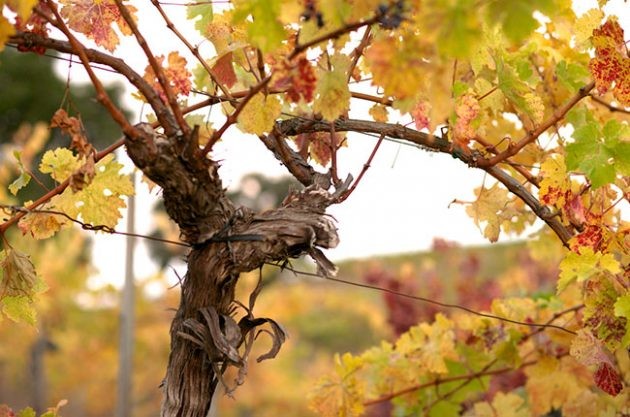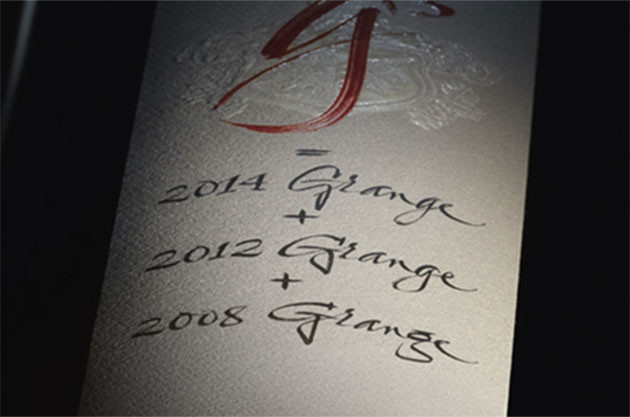Old vines can add layers of complexity to wine, but can they become too old to produce quality fruit? Andrew Caillard MW gives us his answer...

Tom Pattison, Sheffield, asks: At what age does a vine become too old?
Andrew Caillard MW, for Decanter, replies:
As a vine ages, it establishes a root system and framework of trunk and cordons. Over the decades, new layers of growth, like the rings on a tree, result in more solid, twisted and gnarled old vines. The dry-grown ‘Great Grandfather’ Shiraz vines, planted during the 1860s, in Henschke’s Hill of Grace vineyard are a perfect example of pre-phylloxera vine stock that continue to produce low-yielding, intense, flavourful and balanced fruit. With an expansive root system and substantial permanent wood, these vines, which have adapted to the environment over a long time, are to some extent more resilient to drought and extreme weather.
However, as vines age, they are more prone to disease and damage, and the survival of old vines cannot be guaranteed, despite efforts to prolong their life. Biodynamic practices and mulching were introduced in the Hill of Grace Vineyard partially in response to the declining condition and vigour of the oldest vines.
Keeping old vines in commercial production does not always make economic sense. There is a point when vine management becomes too costly commensurate to yields, overall quality and income. The rate of decline is dependent on many factors including grape variety, rootstock, susceptibility to disease, vineyard practices and environmental factors. In Bordeaux, mature vines are often replaced after about 35 years – considered by many as the commercial life of a vine and equivalent to a human generation. Maintaining a sustainable economic vineyard means replanting, interplanting or layering – the latter a method of regenerating original genetic material.
Old vines do not necessarily produce the best fruit. A comparatively young but mature vine of 10 to 30 years, planted on a suitable site and well-managed can produce exquisite fruit too, as witnessed in some of the most famous terroirs around the world.
Andrew Caillard MW is co-founder of Langton’s wine auctions and creator of the Langton’s classification of Australian wine.
Translated by Sylvia Wu / 吴嘉溦
All rights reserved by Future plc. No part of this publication may be reproduced, distributed or transmitted in any form or by any means without the prior written permission of Decanter.
Only Official Media Partners (see About us) of DecanterChina.com may republish part of the content from the site without prior permission under strict Terms & Conditions. Contact china@decanter.com to learn about how to become an Official Media Partner of DecanterChina.com.











Comments
Submit